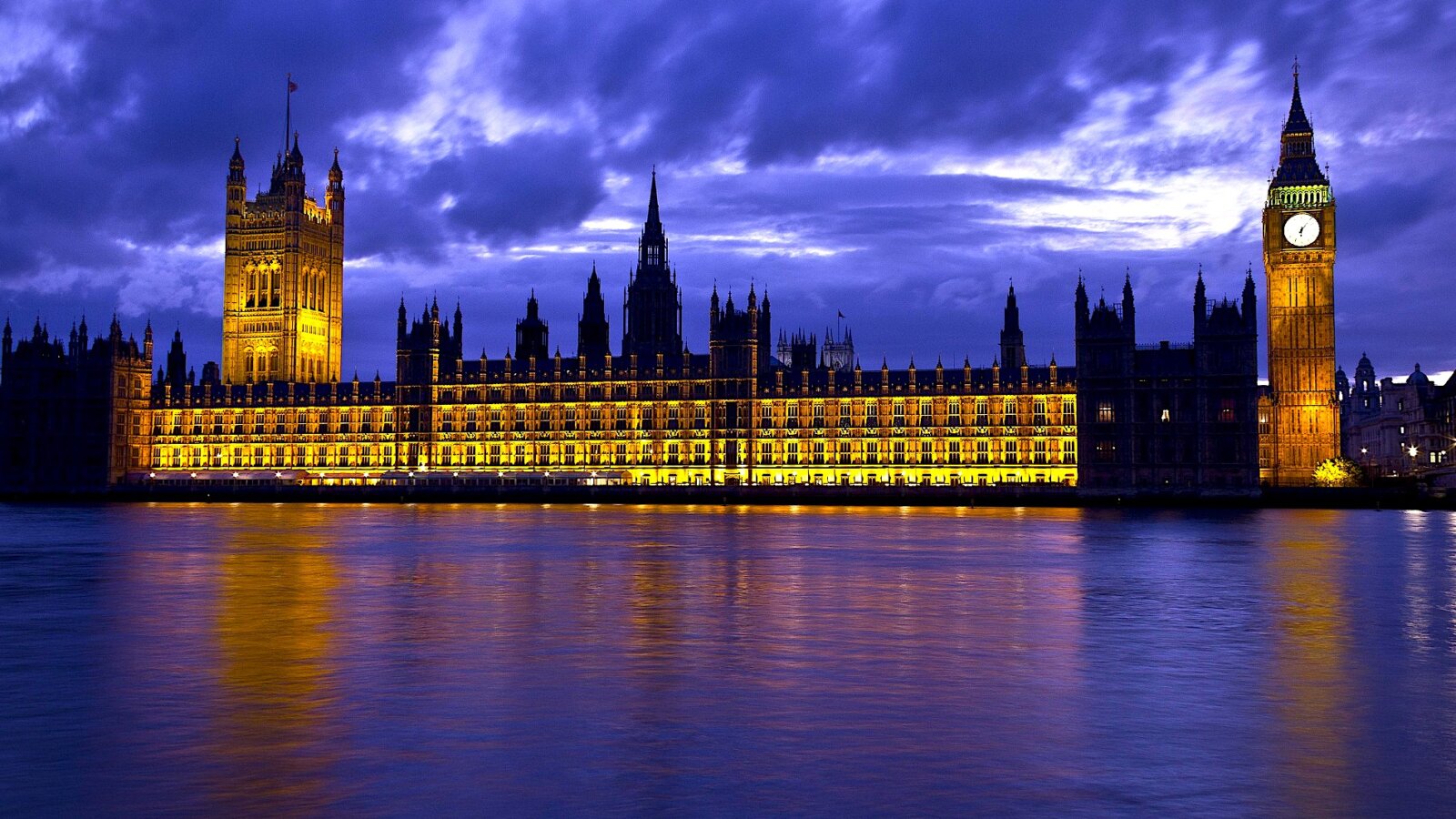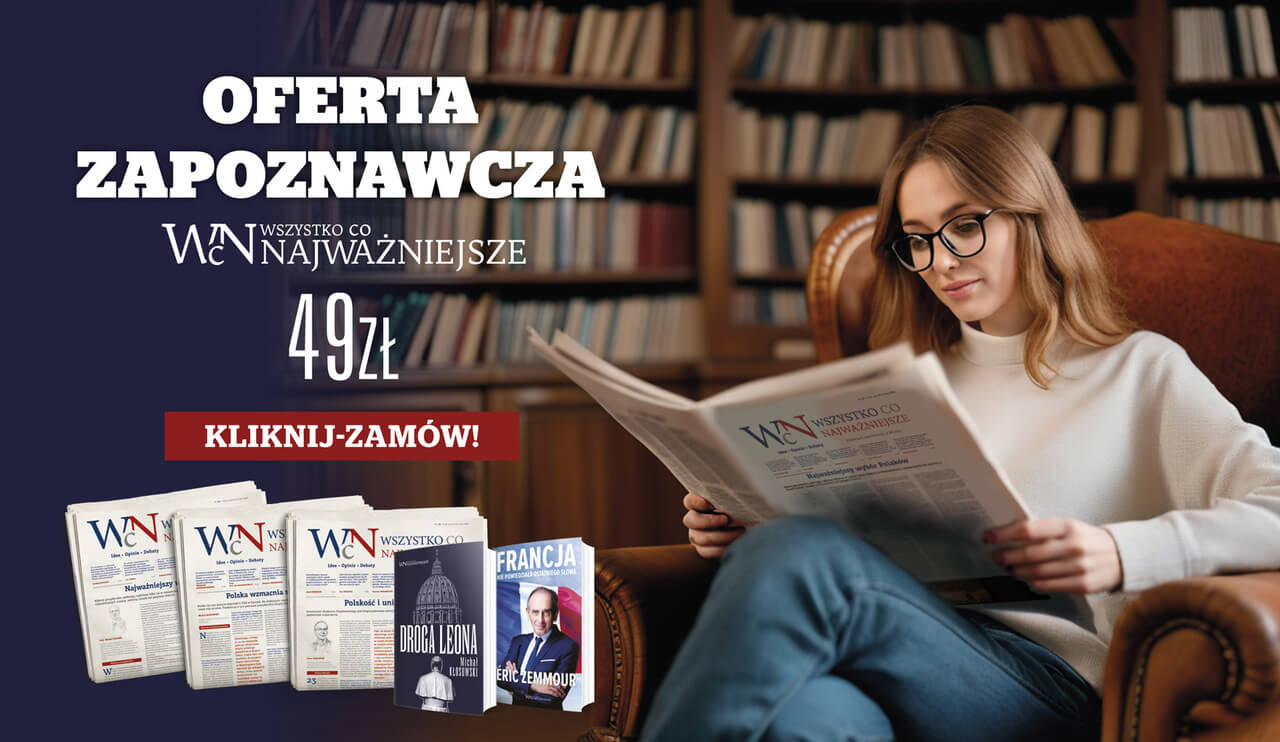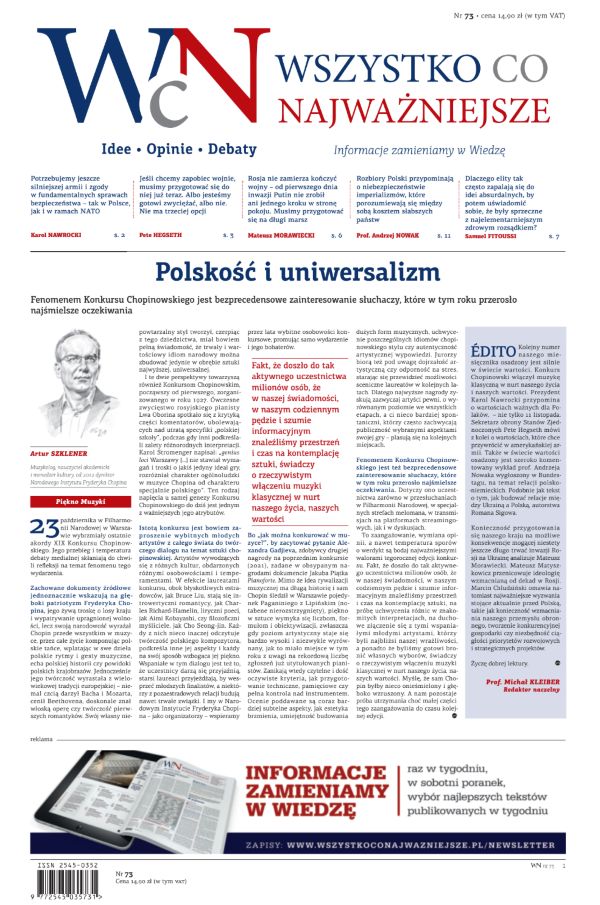
 A Thousand Years of the Polish Crown. United in Freedom, Poland and Britain
A Thousand Years of the Polish Crown. United in Freedom, Poland and Britain
The millennium of the Polish Crown is not only the anniversary of a state, but the celebration of a thousand years of striving to build a community founded on liberty, dialogue, and respect for the law.
„Freedom is not given — it is earned,
and it is kept only when shared with others.”
— Winston S. Churchill
„We do not beg for freedom. We fight for it.”
— Witold Urbanowicz, Commander of the Polish 303 Squadron
.It is a great honour to speak today in the walls of the Palace of Westminster – the mother of parliaments, a place that has come to symbolize the very idea of representative government and democracy. It is hard to imagine a more fitting setting in which to recall another great tradition – that of the Polish Crown, now marking one thousand years of history.
The millennium of the Polish Crown is not only the anniversary of a state, but the celebration of a thousand years of striving to build a community founded on liberty, dialogue, and respect for the law. This community started with our first royal dynasty – the Piast dynasty – which brought Poland into the family of Christian European nations, and developed within the Polish–Lithuanian Commonwealth in early modern period. This was a remarkable union of two great peoples under one crown. The Polish-Lithuanian Commonwealth has been known as “the largest state of free citizens” before the founding of the United States of America. It was a republic with mixed form of government where power was shared, balanced, and limited by parliament, by local assemblies, by independent court and by city councils. The election of the king by a free vote of all nobles, regardless of wealth or background,
was an act of civic participation without precedent in early modern Europe.
As we celebrate this rich heritage today, we should also remember the contribution of Poles to the birth of international law – and to the idea that justice must stand above power. At the time of the Hundred Years’ War in Europe and at the time when the pagan Lithuanian peoples were being erased in the East, the two rectors of the Jagiellonian University in Krakow – Paweł Włodkowic and Stanisław of Skarbimierz, argued that every nation – even non-Christian – has the right to its own land and sovereignty. These ideas anticipated by centuries the writings of Hugo Grotius and John Locke. Within the borders of the Commonwealth co-existed Catholic parishes, Orthodox churches, Protestant congregations, and Jewish communities as well as the oldest Muslim community in Europe, the Polish-Lithuanian Tatars. They served faithfully in the Commonwealth’s armies and lived peacefully among their neighbours.
As we look today at our own early modern Parliament – we celebrate the fact that in the parliament sat Catholic, Protestant and Orthodox deputies. Despite religious differences, they debated together and sought compromise for the good of the Commonwealth. This is a heritage to celebrate.
Although their histories took different paths, Poland and England, have always shared a deep love of freedom. That love found many expressions. At one time, thousands of Scots made their way to the Poland -Lithuania where they found opportunity, respect, and a place to call home. But it was not just people who were on the move — books and ideas travelled too. Whether Catholic or Protestant, they circulated between the cities of Kraków, Gdańsk, and London, showing how connected these places really were. We find significant Polish traces in Shakespeare’s Hamlet, one of the most popular early modern books in England was The Ideal Senator by bishop Goślicki who encouraged to think about the moral duties of leaders — and the importance of ruling with integrity and wisdom.
More recently, our nations met again in the hour of their greatest trial – during the Second World War and the Battle of Britain. In those darkest days, Poland and Britain stood shoulder to shoulder in defence of freedom. Polish pilots defended the skies over London, Exeter, Coventry, over Scotland and beyond. Polish mathematicians were the first to famously break the Enigma code. Their work laid the foundation for what would later be developed at Bletchley Park by Alan Turing and his team. Polish intelligence, was among the most effective of the entire war and provided crucial information to the Allies — including reports on German weapons, troop movements, and secret projects. For many Poles, Britain became not only an ally, but also a home – a place of liberty.
After the war, London became the capital of free Polish life and the seat of the Polish Government-in-Exile. It was the home of free Poles. We had to wait until the fall of Communism to fully enjoy true freedom and independence. And we remember that the British people offered us their steadfast support to during the days of Solidarity and martial law.
Today, as Europe we again faces grave challenges, Poland and the United Kingdom stand once more on the same side of history. At the time when Russia launched its brutal aggression against Ukraine, our nations acted together again – without hesitation. It was a test not only of courage, but of moral clarity. And both our countries passed the test with honour. This final chapter shows us that what brings us together is more than just politics. We are stronger when we are united.
It is a shared sense of freedom, of civic duty, and of moral courage – that we should cherish and celebrate today. Today, our nations are growing ever closer – not only through defence or diplomacy, but through personal stories, friendship, through work, and arts. Thanks to its dedication and hard work, the Polish community in the United Kingdom has become an important and valued part of British society. Poles contribute to business, science, education and arts – as they help to build bridges between our nations every day. Over the past three decades modern Poland has become one of the fastest-growing economies in the world. It is open, innovative, and resilient. It has become a trusted partner, and a key member of the European Union and NATO. I believe it is source of new energy, creativity and optimism for our continent.
.By celebrating the Millennium of the Polish Crown in Westminster, we do not wish only to honour the past – we wish to draw lessons for the future. For history is not a museum; it is a teacher, as Cicero famously said. And its lesson is clear: freedom without responsibility is worthless; solidarity is essential to Europe’s survival; and the shared memory of our roots – both on the river Thames and on the Vistula river – remains our greatest source of strength and hope.
As we gather today in the Churchill Room – the room honouring a great defender of liberty and perseverance – let us remember that Europe needs the spirit and the strength of both the Polish and the British traditions: Together, we stand stronger — united in freedom, courage, and hope.
This speech was delivered in 9 October 2025 in the Churchill Room, Palace of Westminster to commemorate the Millennium of the Polish Crown. The Millenium of the Polish Crown celebrations were organized by the Federation of Poles in Great Britain.
READING LIST:
Richard Butterwick, The Polish-Lithuanian Commonwealth: Light and Flame (Yale University Press, 2020)
Patrice Dabrowski, Poland: The First Thousand Years (Cornell University Press, 2014)
Norman Davies, God’s Playground: A History of Poland(Oxford University Press, 1981)
Norman Davies, Heart of Europe: The Past in Poland’s Present (Oxford University Press, 1984)
Norman Davies, Europe: A History (Oxford University Press, 1996)
Karin Friedrich, The Other Prussia: Royal Prussia, Poland and Liberty, 1569 –1772 (Cambridge University Press, 2008)
Robert Frost, The Oxford History of Poland-Lithuania: Volume 1, The Making of the Polish-Lithuanian Union, 1385–1569 (Oxford University Press, 2015)
Natalia Nowakowska (ed.), Remembering the Jagiellonians (Routledge, 2018)Jolanta Rzegocka, Watching the Virtues: Playbills, Drama and the Teaching of Civic Virtue in the Jesuit Theatre of Poland–Lithuania (Brill, 2025)Timothy Snyder, The Reconstruction of Nations: Poland, Lithuania, Ukraine, Belarus, 1569–1999 (Yale University Press, 2004)
Adam Zamoyski, The Last King of Poland (W&N, 2020)
Adam Zamoyski, Poland: A History (William Collins, 2015)



